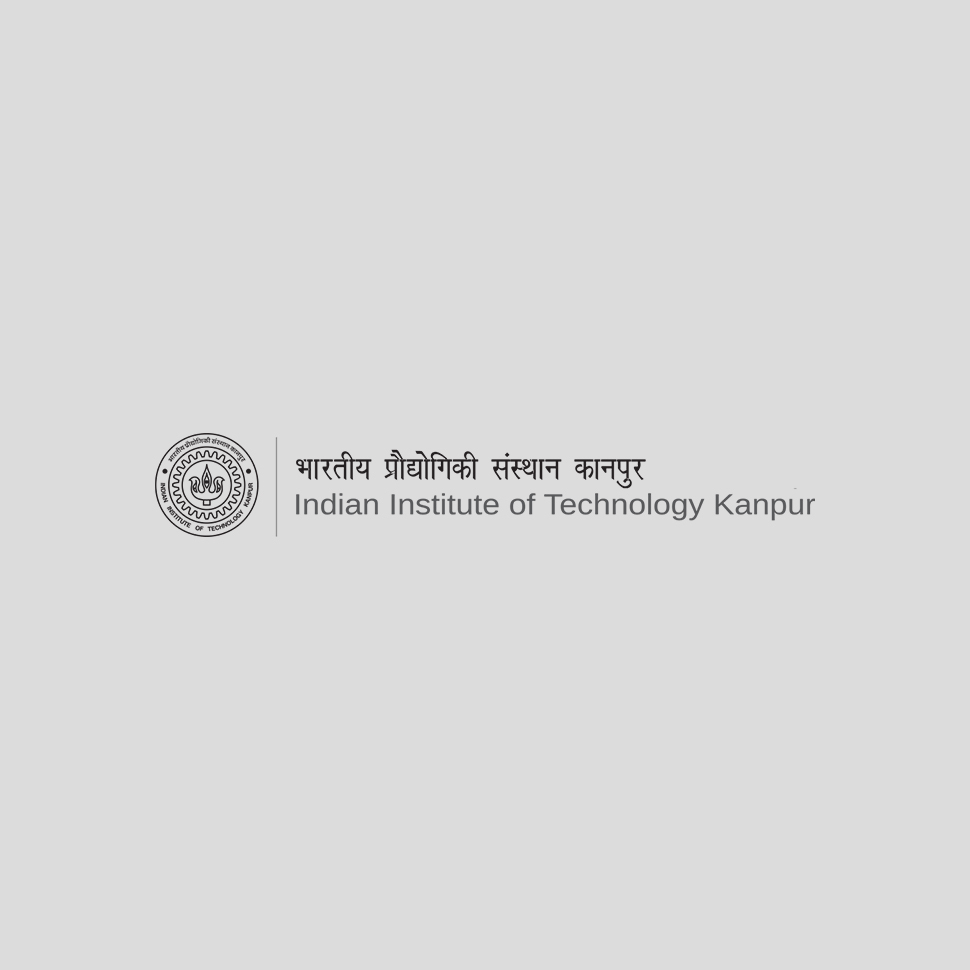
Prerequisites:
3-0-0-9
Course Contents
This course is an introduction to approximate mathematical methods in engineering. These methods provide powerful tools with which to approximately analyze complicated/intractable engineer ing/scientific models. These approximate solutions are often very accurate and also provide insight into the underlying physics in an accessible manner. Finally, these approximate methods play a symbiotic role to computational analyses; these latter techniques typically falter near singularities, which is where approximate methods are most useful.
1. Introduction to asymptotic approximations: Asymptotic relations; Convergent/divergent power series; Asymptotic series; Error estimates; Sub dominance; Stokes' phenomenon.
2. Asymptotic analysis of integrals: Integration by parts; La place's method; Watson's lemma; Method of stationary phase; Method of steepest descent; Application.
3. Introducti0n to perturbation theory: Algebraic equations; Iteration and expansion; Method of dominant balance; Regular and singular perturbation problems; Jle scaling; Non integral powers.
4. Eigen value problems: First and second order perturbation; Iviultiple roots; Degenerate roots; Application.
5. Summation of series: Improvement of convergence; Divergent series; Pade approximation; Application.
6. Boundary layer theory: Introduction to boundary layers; Formal procedure; Inner, outer and intermediate layers; Asymptotic matching; Higher order theory; Distinguished limits; Application.
7. VKB Theory: Formal procedure; Patched asymptotic approximation; Turning point problems. Application8. Multiple scale analysis: Resonance and secular behavior; Formal procedure; Reduction to WKB and boundary layer theory; Mathieu equation; Application.
Topics
Current Course Information
Instructor(s):
Number of sections:
Tutors for each section:
Schedule for Lectures:
Schedule for Tutorial:
Schedule for Labs:



